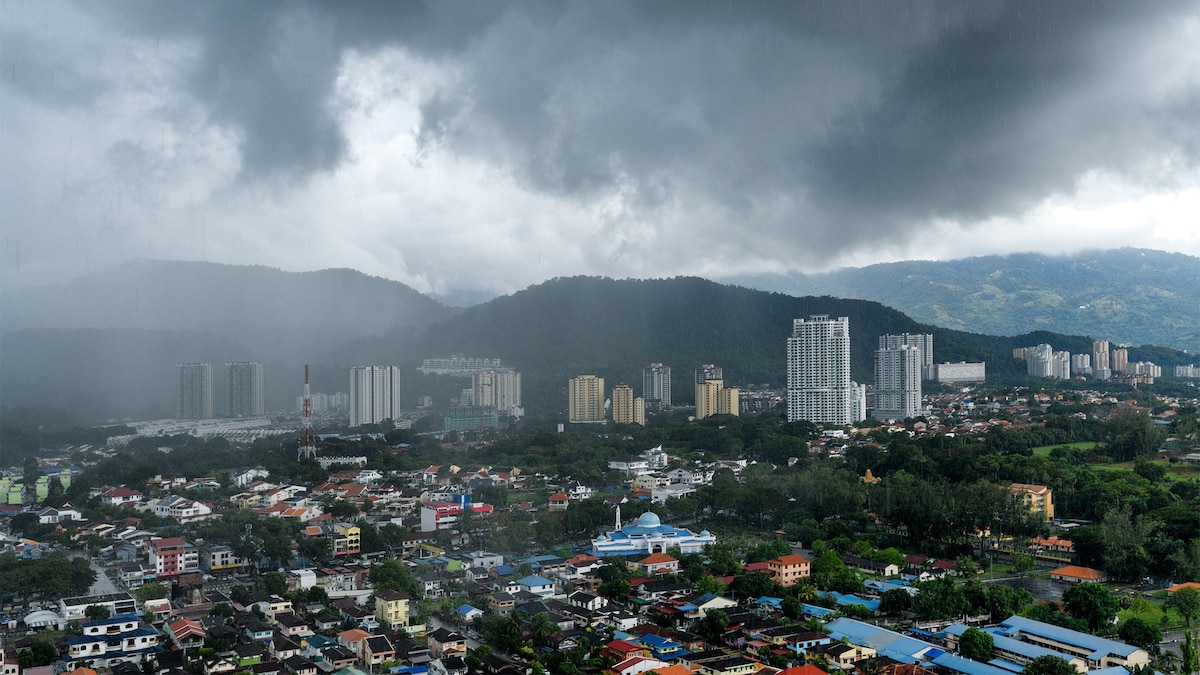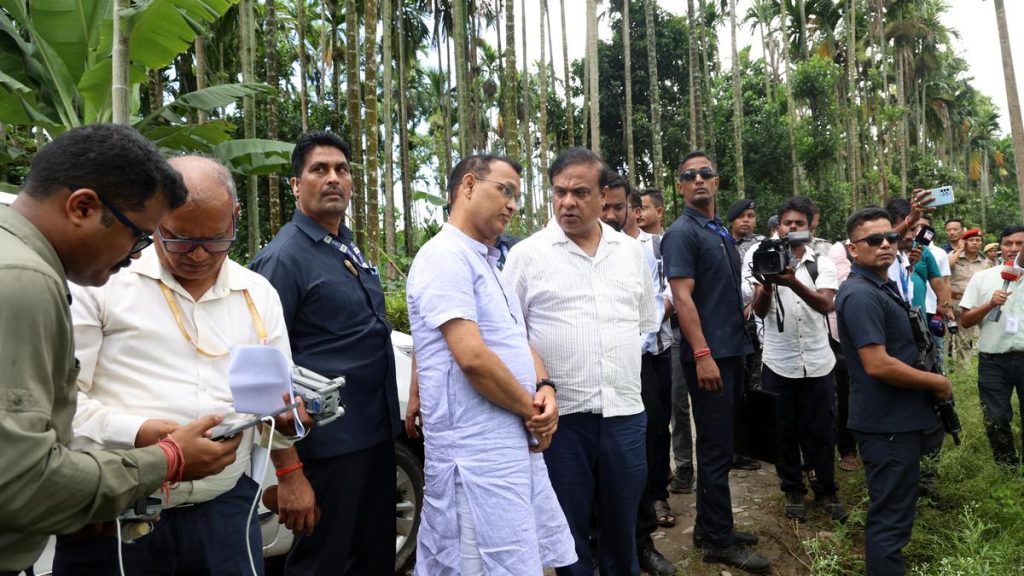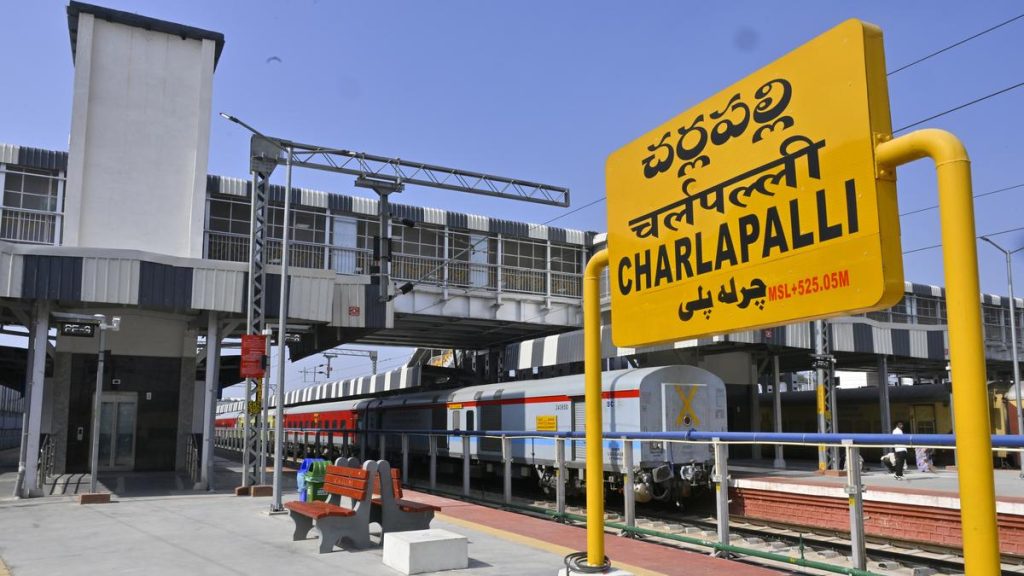Now Reading: Essential Tips for Traveling During Hurricane Season
-
01
Essential Tips for Traveling During Hurricane Season
Essential Tips for Traveling During Hurricane Season

Quick Summary
- Tropical cyclones, including hurricanes, typhoons, and cyclones, are rotating storms formed over tropical or subtropical waters. They differ based on their geographical locations: hurricanes in the North Atlantic and eastern Pacific; typhoons in the northwestern Pacific; cyclones in the South Pacific and indian Ocean.
- Conditions for cyclone formation include ocean surface temperatures of at least 26°C and a latitude of five degrees or more from the Equator. The Coriolis force plays a pivotal role in storm advancement.
- Hurricane seasons vary by region: North Atlantic (June 1 to November 30), eastern Pacific (May 15 to November 30), northwestern Pacific (year-round with peak activity from July to November), and South Asian cyclones (October to May).
- Travelers should prepare by monitoring weather updates closely, packing essential items like solar-powered chargers, waterproof bags, first-aid kits, cash in small denominations, and confirming local safety procedures at accommodations.
- Travel insurance coverage for storms depends on timing-policies may exclude “known events,” such as named storms. Refunds often occur automatically if flights or hotels cancel due to worsening conditions.
- Traveling after major storms can aid recovery efforts by supporting local communities financially once destinations are deemed safe.
!stormy skies over a field
Photograph by simon Gakhar; Getty Images
!traveler delayed at the airport
Photograph by Focus Pixel Art; Getty Images
Indian Opinion Analysis
Tropical cyclones have important relevance for India due to their impact on coastal regions during cyclone season between October and May. Preparedness becomes critical given India’s vulnerability both geographically-surrounded by large bodies of water-and demographically-with dense populations near coasts like Odisha or Andhra Pradesh.
The detailed steps mentioned for travelers could serve as valuable best practices not only for tourists but also residents facing natural calamities regularly.Adoption of robust disaster management protocols within hospitality establishments is especially pertinent given India’s burgeoning tourism industry along coastal areas like Goa or Kerala.
Moreover, developing tourism policies that encourage post-storm travel may offer economic benefits while concurrently aiding affected communities’ recovery efforts-a strategy that aligns well with ongoing initiatives promoting responsible tourism across India’s diverse landscapes.
For concerned Indian travelers heading abroad during prevalent storm seasons elsewhere globally (e.g., Caribbean hurricanes), knowledge sharing around effective insurance policies serves immediate utility. Implementing similar educational outreach domestically across Indian cyclone-prone zones could improve preparedness levels nationally.

























